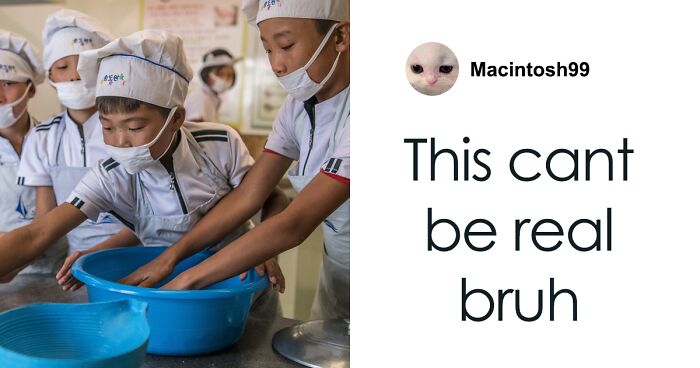
Man Spent 15 Days At North Korean Summer Camp As A Teen—Here Are The “Weird Rituals” He Described
A man who attended a summer camp in North Korea as a teenager has shared details about his fifteen-day stay in the East Asian nation.
The country, ruled by the third-generation totalitarian leader Kim Jong-un since 2011, is notorious for its strict entry restrictions, and little is known about its residents’ lifestyles.
Yuri Frolov traveled from Russia to North Korea in 2015 when he was 15 years old.
- Yuri Frolov attended a North Korean summer camp for 15 days in 2015.
- The camp, Songdowon, was built in 1960 by Kim Jong-un's grandfather to foster relations between children across the communist bloc.
- Children were made to clean statues of North Korean leaders and play propaganda games, Frolov said.
Frolov, now 25, became intrigued by the nation, officially the Democratic People’s Republic of Korea (DPRK), when he was watching a TV documentary about it as a child.
“Although I was very young, my perception of the country was that it was under siege by its capitalist neighbors,” he said during an interview with Business Insider.
Frolov wanted to verify this claim with his own eyes, so he logged on to VKontakte, Russia’s equivalent to Facebook, and subscribed to a group called Solidarity with North Korea.
Yuri Frolov spent over two weeks at a North Korean summer camp when he was 15 years old
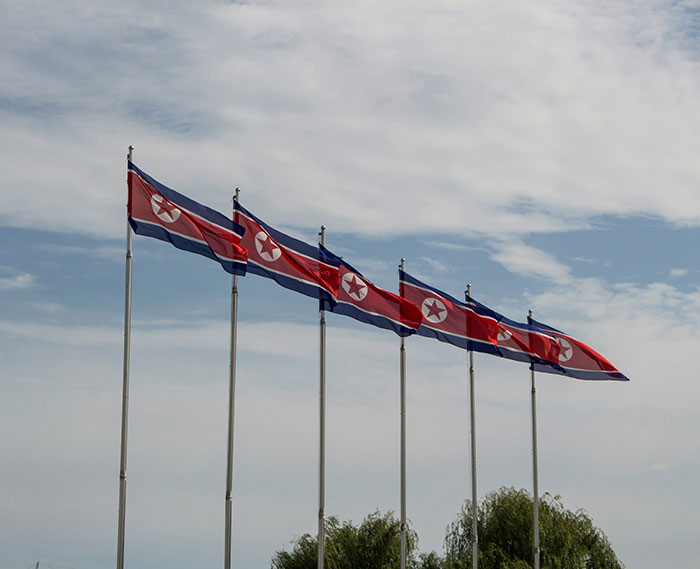
Image credits: Micha Brändli
He then stumbled across an opportunity he considered too tempting to pass up: the Communist Party of the Russian Federation was offering a chance to go to Songdowon, a North Korean children’s summer camp, for about $300.
The price covered plane tickets, food, accommodation, and all the recreational facilities.
After receiving his parents’ approval, the then 15-year-old packed his bags and traveled by himself from St. Petersburg to Vladivostok, a city in the far east of Russia.
There, the young man met with a group of Communist Party officials and other children who would be attending the summer camp, who were 9, 10, and 11 years old.
“I was probably the only one traveling to North Korea to see this dystopia. The others seemed to see it as a chance to go to the beach or play in the playground inexpensively,” Frolov explained.
In 2015, Frolov traveled from Saint Petersburg, Russia, to Songdowon International Children’s Camp, located in North Korea’s eastern shore
Image credits: Carl Court/Getty Images
Songdowon camp was built by Kim Jong-un’s grandfather in 1960 as a program to help foster relations between children across the communist bloc.
The camp reportedly has the capacity for 1,200 children and boasts an aquarium, water park, theater, and beach, according to its website.
Before arriving at the camp on North Korea’s eastern shore, the curious teenager spent two days in Pyongyang, the country’s capital city, where he says he was “constantly supervised.”
In Pyongyang, Frolov and the other children were taken to the large Kim Il Sung Square and the war museum, which displayed objects like captured American vehicles and the USS Pueblo, an American research ship that was seized in 1968.
The camp was built by Kim Jong-un’s grandfather in 1960 as a program to help foster relations between children across the communist bloc
Image credits: Eric Lafforgue/Getty Images
Frolov says he was taken to supermarkets and “pushed” to spend his money there.
Those in charge of the underage group didn’t seem to care much about their purchases.
“What was funny was that it was really easy to buy vodka and cigarettes,” he described.
“Some kids in our group, as young as 12, bought North Korean rice vodka, brought it back to the camp, and got extremely drunk on the first couple of nights.”
When they reached Songdowon, they met with children from other countries, including China,Nigeria, Laos, and Tanzania.
There were also local children at the camp, but Frolov and the other visitors were only allowed to meet them once on their last day. “I think that was deliberate, preventing them from talking with us about their experiences,” he suggested.
Songdowon has the capacity for 1,200 children and boasts an aquarium, water park, theater, and beach
Image credits: Carl Court/Getty Images
The 25-year-old recalls many activities he did during his time at Songdowon, such as beach outings, sandcastle-building competitions, and swimming.
However, there were other activities—or “rituals,” as Frolov described them—that deviated from the typical camp experience.
“We had to clean statues of North Korea’s former leaders. One morning, we woke up at 6 a.m. to clean the monuments of Kim Il Sung and Kim Jong Il.
“We didn’t have sponges or anything — we were just brushing off the dust, even though the monuments were cleaned professionally every week. It was strange.
“They tried to brainwash us in many ways. We played a computer game where your character, a hamster in a tank, had to destroy the White House.”
The children were also made to participate in concerts, singing propaganda songs about North Korean leaders translated into their own languages.
Frolov said the staff tried to “brainwash” him and the other children, and he was made to play a game where he had to destroy the White House
Image credits: Eric Lafforgue/Getty Images
All the time and effort put into creating a sense of belonging between the children and the totalitarian nation proved more effective in some cases than in others.
While one of his campmates joined the Communist Party in Russia after coming home and “was always posting about North Korea,” Frolov’s interest in the country had waned.
“For me, it didn’t work — the propaganda was too straightforward.
“Also, I was too frustrated with the strict schedule to be brainwashed. For example, when I was sick, they wouldn’t let me skip early-morning exercise.
“The food was also really bad. The only things I could eat were rice, wedges, and bread.”
During his fifteen-day stay at Songdowon, Frolov lost 11 pounds (5 kilos).
The 25-year-old also had to wake up at 6 a.m. to clean statues of North Korea’s former leaders
Image credits: Eric Lafforgue/Getty Images
The following year, in 2016, he returned to the camp because the Communist Party had signed him up for another “boring, miserable, and overly controlled” experience.
“It was a stupid decision to return, and I don’t know why my parents let me go, but I’d totally do it again. I can easily make friends just by talking about my experiences. People just want to hear about North Korea.”
According to Russian state media RIA Novosti, a group of Russian schoolchildren will attend Songdowon this year at the end of July.
Grigory Gurov, the chair of the Movement of the First, a youth movement created in 2022, told the outlet that the conditions at the camp will be “excellent.”
“For me, it didn’t work—the propaganda was too straightforward,” Frolov explained
Image credits: Eric Lafforgue/Getty Images
“It is estimated that in addition to North Korean Children visiting the camp, an additional 400 International visitors up to the age of 16 are welcomed each year from countries such as Russia, China, Thailand, Mongolia, and Mexico,” reads Songdowon’s website, adding that their camps are subsidized by the state.
Gurov also said that Russia would invite North Korean children to attend Russian summer camps, including Artek (a youth center in Crimea), as part of an exchange program.
People had mixed opinions about Frolov’s experience at Songdowon
21Kviews
Share on FacebookExplore more of these tags
Swearing blind loyalty, saluting flags, weapons everywhere, a leader who has unbridled power - and I hear North Korea's pretty bad too!
Imagine that happening in the USA. Oh, wait...
Load More Replies...The last photo of the broken escalator? I now know the Korean script for "Now Stairs". Thanks Mitch!
Swearing blind loyalty, saluting flags, weapons everywhere, a leader who has unbridled power - and I hear North Korea's pretty bad too!
Imagine that happening in the USA. Oh, wait...
Load More Replies...The last photo of the broken escalator? I now know the Korean script for "Now Stairs". Thanks Mitch!

 Dark Mode
Dark Mode 

 No fees, cancel anytime
No fees, cancel anytime 






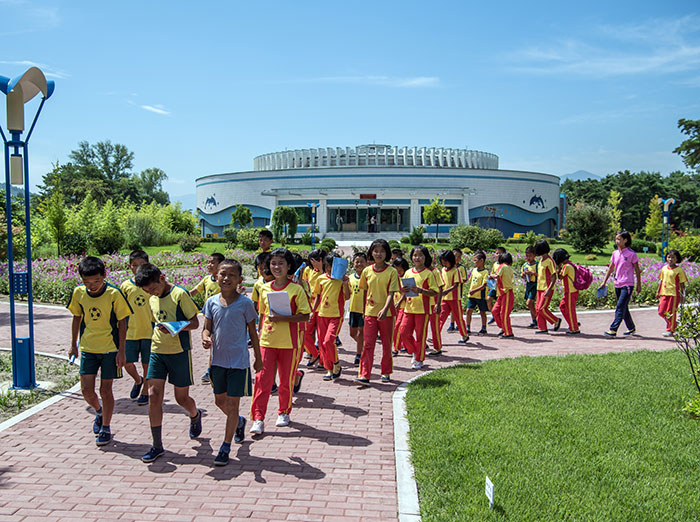
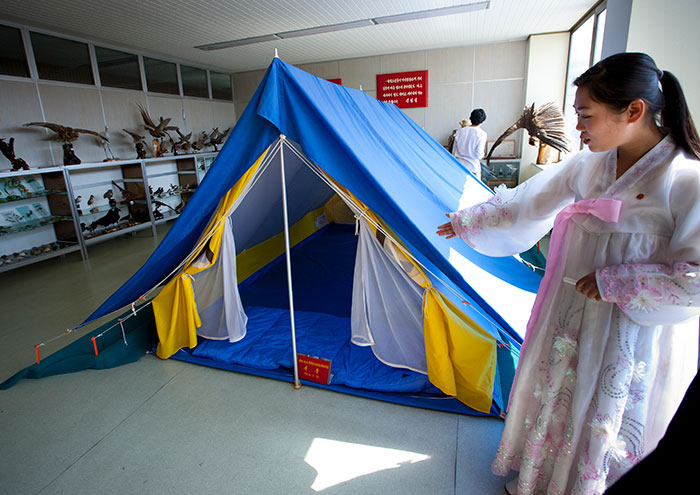
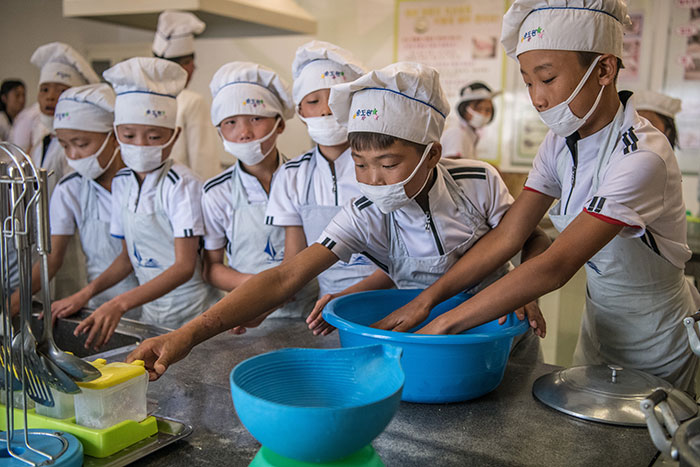
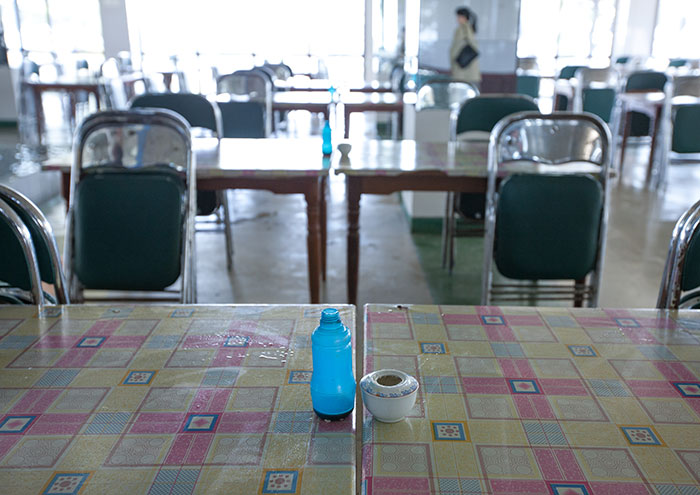
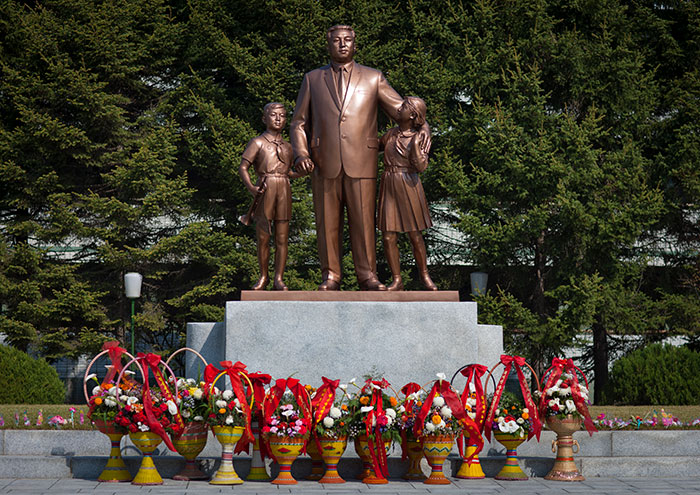
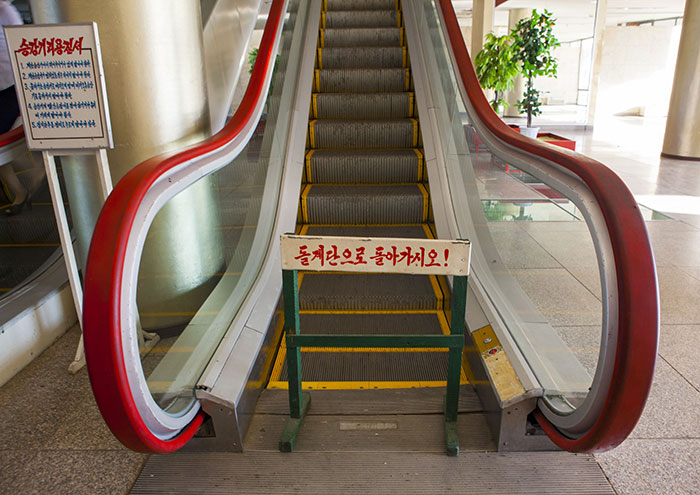


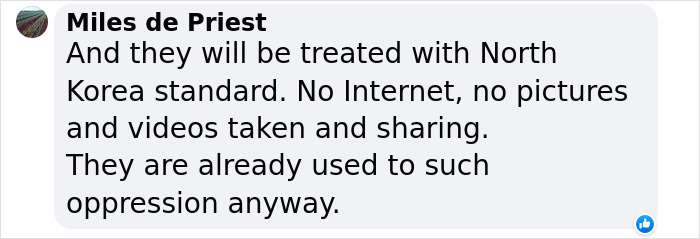






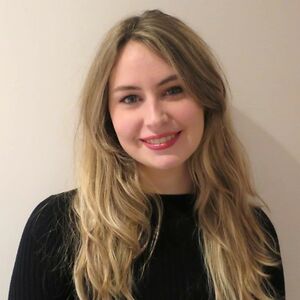



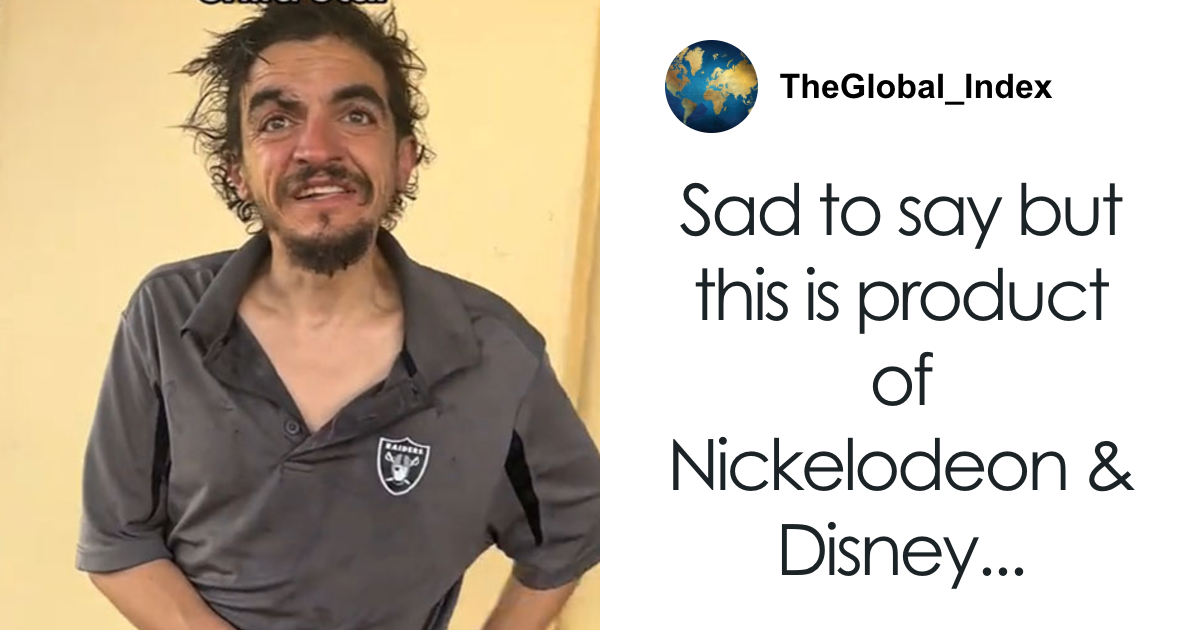


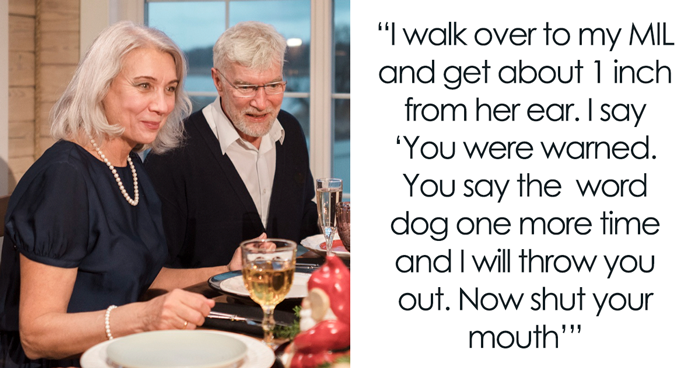



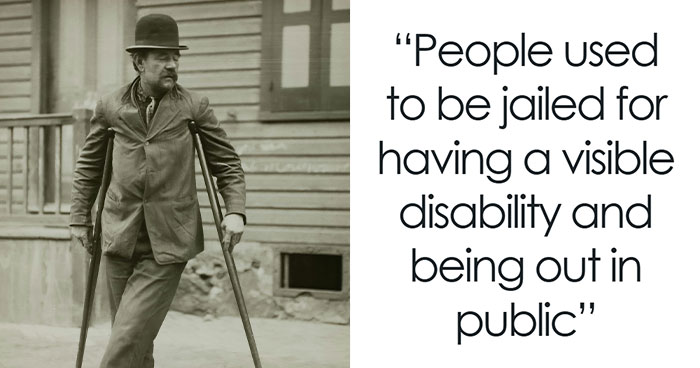
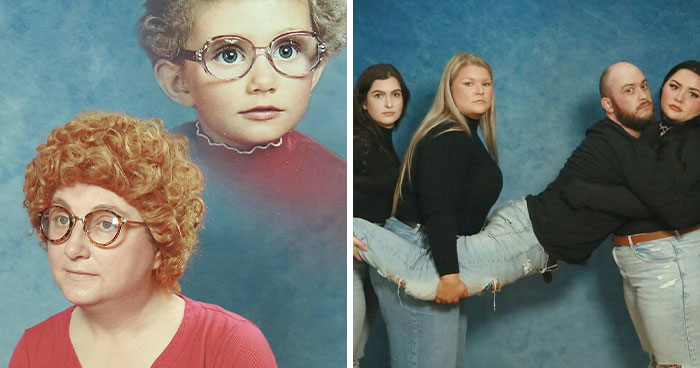
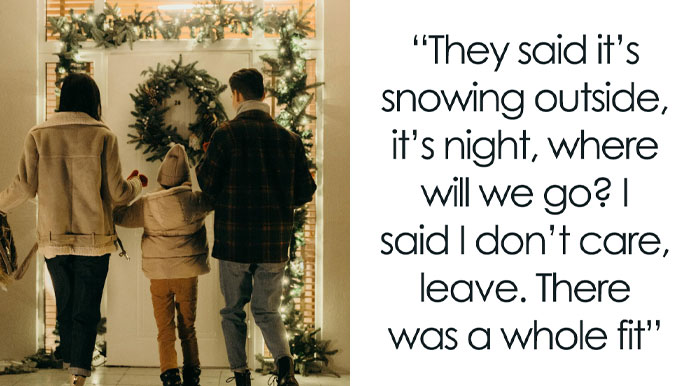






























47
13